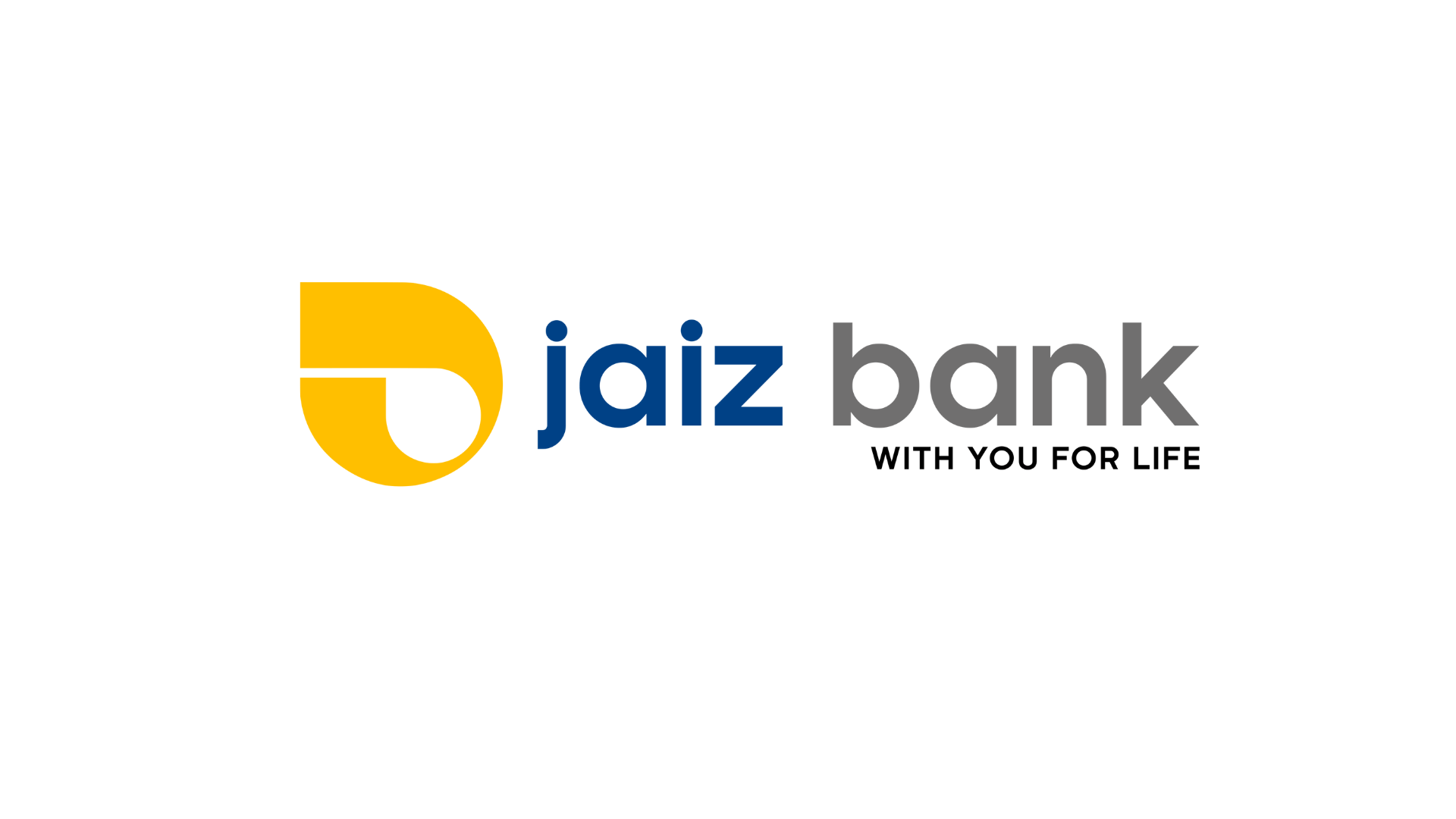A well-capitalised insurance industry is a boon to the economy.
Last week, the National Insurance Commission (NAICOM) issued an ultimatum to insurance companies operating in the country to recapitalise on or before July 2026. Failure to do so, according to NAICOM, will attract severe sanctions, including liquidation or forced merger. This is in line with the Nigerian Insurance Industry Reform Act 2025, which requires industry players to increase their capital to N10 billion (life insurance) and N15 billion for non-life while reinsurance companies now require N35 billion.
Section 9(4) of the Insurance Act, 2003 empowers NAICOM to increase, from time to time, the amount of minimum paid-up share capital statutorily prescribed for Nigerian insurers, and there is no doubt that the new minimum capital requirements will have significant impact on the Nigerian insurance industry. In the last exercise five years ago (June 2020), NAICOM had directed that the minimum paid-up share capital of a Life insurance company be increased from N2 billion to N8 billion; Non-Life insurance from N3 billion to N10 billion and Composite insurance from N5 billion to N18 billion. The capital injection requirement was also raised by 400 per cent (Life); 333 per cent (Non-Life); 360 per cent (Composite) and 200 per cent (Re-Insurance).
We agree with NAICOM that Nigerian insurers should mobilise more capital to facilitate the acquisition of modern digital and technology-driven infrastructure necessary to aid their efforts at deepening insurance penetration in the country. Measured as a percentage of GDP, Nigeria is still far behind South Africa, Kenya and even Ghana in insurance penetration. Meanwhile, despite the astronomical increase in the value of insured assets, consequent exposure to higher level of insured liabilities and operating cost, recapitalisation exercises have been few in the sector. It is therefore expected that just like the banking sector, meeting up with the new minimum capital requirement will help ignite further consolidation of the insurance sector as some insurers may seek to merge or be acquired by bigger firms.
In the 2025 Insurance Industry Report released in March this year by the risk and credit rating agency, Agusto & Co, insurance revenue in Nigeria is estimated to have crossed the N1 trillion mark in the financial year ended 31 December 2024. “The industry benefited from aggressive marketing activities and an upward review of premiums to reflect the prevailing inflationary pressure,” according to the agency while recommending stricter enforcement of compulsory insurance policies, a more efficient product distribution and an enlarged capital base to support the insurance income. “The increased spending on infrastructure development by the various tiers of government would also increase the revenue from underwriting the underlying risks.”
While most reports portend vast growth potential for the Nigerian insurance industry, many licensed insurers are still largely under-capitalised, thereby limiting their ability to take on big ticket in-country risks, as may be seen in the oil and gas, marine and aviation sectors of the economy. Given Nigeria’s untapped humongous potential in the global insurance marketplace, a well-capitalised industry where insurers with deep pockets and excellent local capacity can play is desirable and will contribute to improving the economy.
Therefore, as insurance and reinsurance companies begin the necessary move towards shoring up their capital base during the next 11-month period granted to existing operators to fully comply, it is expected that the market will gear up for new private equity and mergers and acquisition deals in the coming months. With this impending recapitalisation and consolidation exercise, it is also hoped that the insurance companies that will emerge at the end of the exercise will be stronger and deeper in the capacity to take on profitable high risks. This would enable the Nigerian insurance industry function well and fit into an integrated global financial marketplace.
The post INSURANCE INDUSTRY AND RECAPITALISATION appeared first on THISDAYLIVE.





